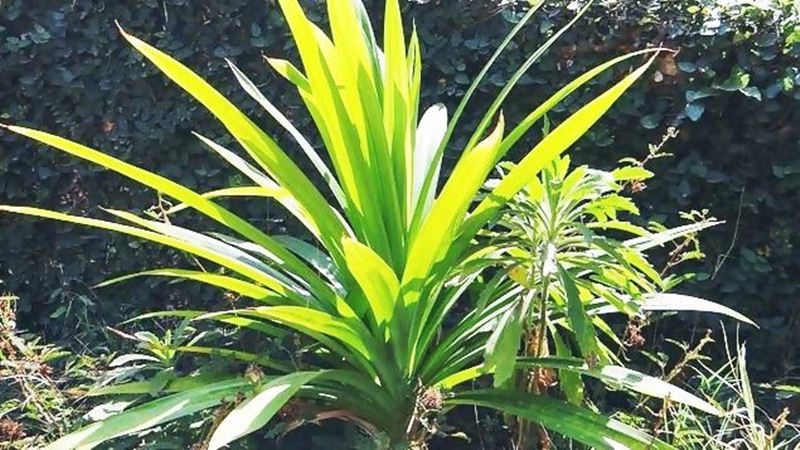If you see a lot of recipes with pandan leaves in Indonesia, that is just as well. Indonesia uses pandan in a variety of dishes from desserts to side dishes for flavor and fragrance. The sweet fragrance has earned it the name of ‘vanilla of the east’ .
What Are Pandan Leaves?
Pandan leaves are elongated, narrow, and oblong in shape. Pandan exists in two shapes, one will form into a tree with leaves that are long, large and thin. However if the leaves are continuously harvested, the plant will stay low and begins to resemble a pineapple.
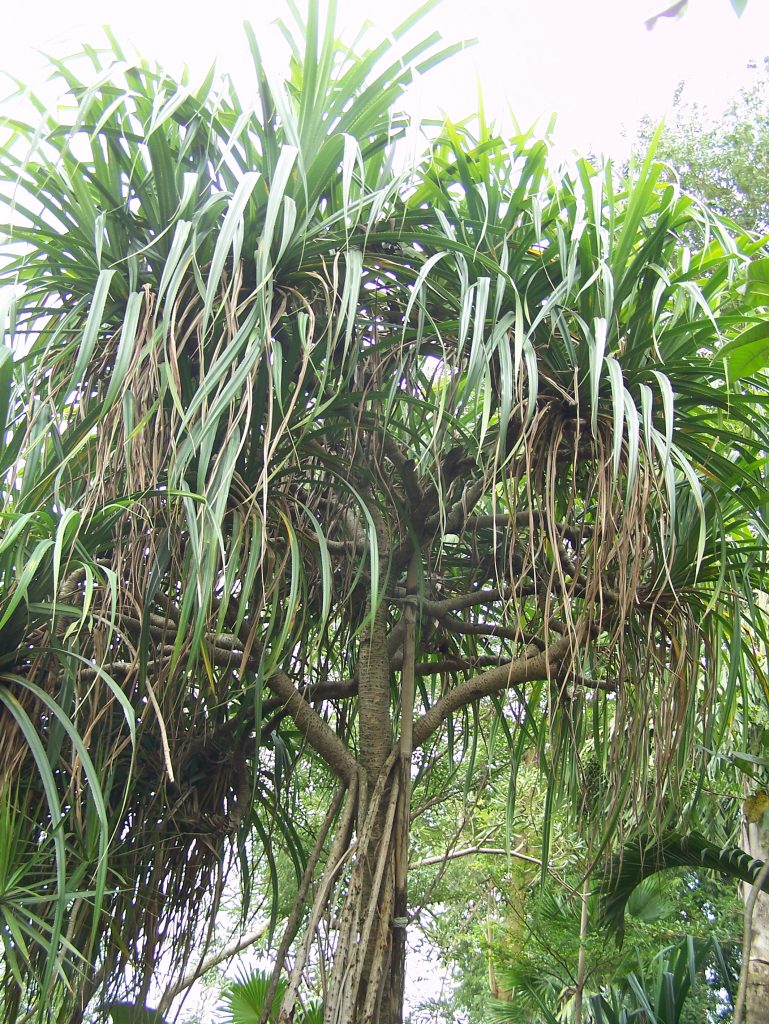
Pandan leaves are most known for their grassy aroma at first. After being crushed, the smell mellows out to a more subtle and floral smell. It was for this reason that pandan leaves are used, for it gives a sweeter and pleasant floral aroma addition to the food.
In Indonesia, this smell has been used in dozens of dessert recipes for its color and flavor. In other countries in Southeast Asia, it has more uses such as insect repellent, air freshener, food wrapping and even as a sign of affection. Thais know it as bai toey hom, Indonesians as daun pandan, the Japanese as takonoki.
Nutritional value
Despite their wide use in cakes and desserts, pandan leaves contain a multitude of things that are good for the body. It is rich in essential oil, have glycosides, alkaloids, tannin and isoprene esters. These ingredients mixed together forms its ability to help the body overcome fevers, relieve symptoms of pain and are used as a laxative. The roots and leaves of pandan, boiled and made to tea can offer relief for chest pains, cramps, spasms, headaches and even helps lower blood pressure. Overcoming weak nerves, helping cancer, relieving insomnia are just several other symptoms that it helps overcome.
Uses of Pandan Leaves
Pandan is used to make a variety of dishes from drinks, desserts, rice and more. There are also numerous uses to it from medicine to insect repellent. Having a pandan tree would therefore be very useful to have at your home since it has many uses than just cooking traditional eastern dishes.
Boiling Rice
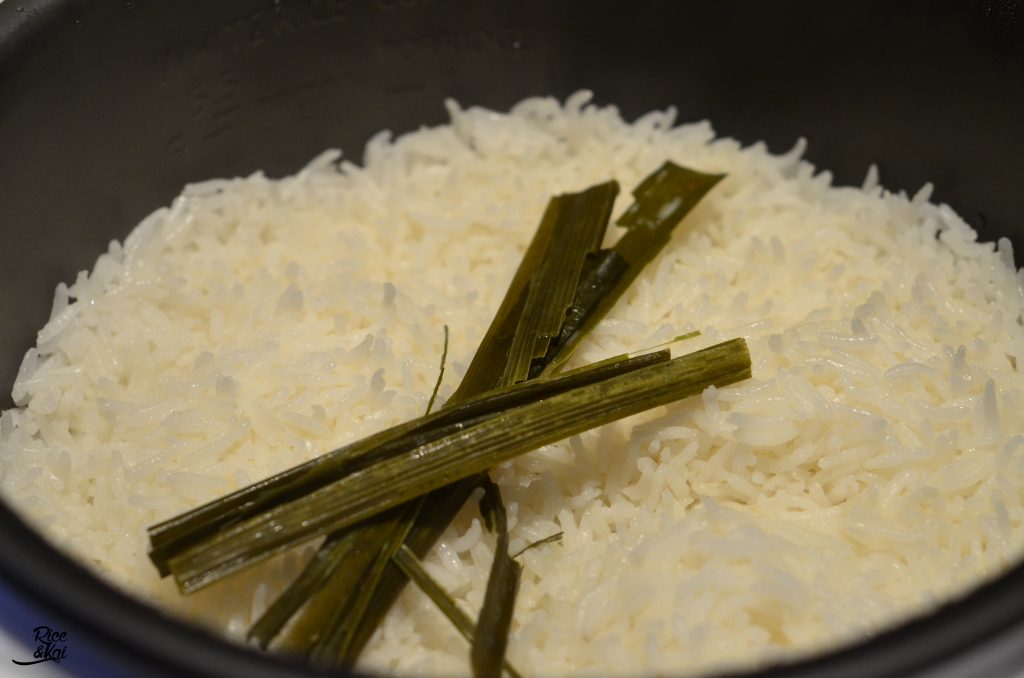
To gain that sweet aroma in your cooking, you can also put in pandan leaves. Simply tie a pandan leaf into a knot and put it inside rice cooker along with the rice. Next thing you know, the your rice will have a sweet, pandan smell to it.
Pandan Ice Tea
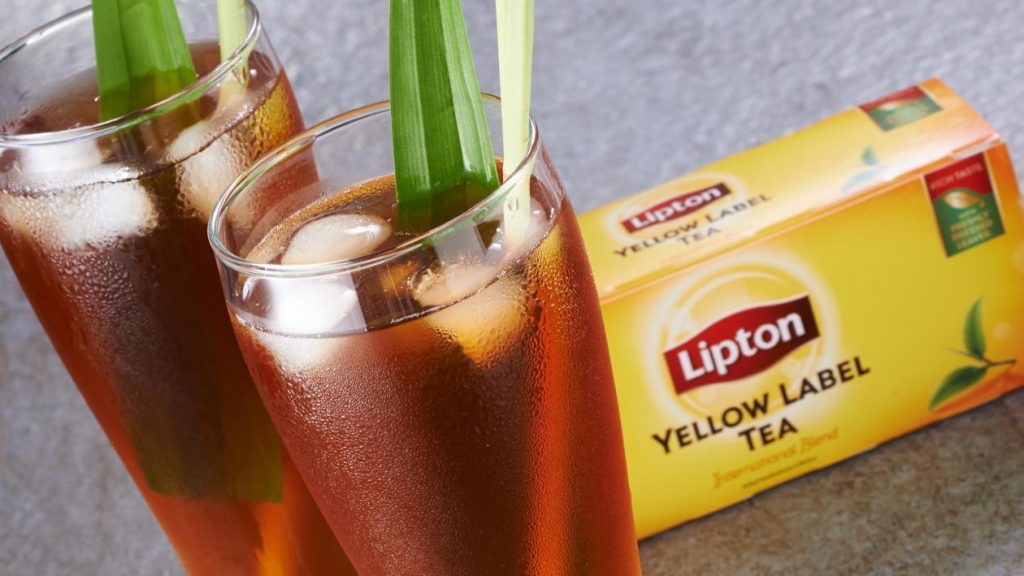
Curious on adding pandan to your ice teas? That’s a great choice as well! All you need for this recipe is the regular water, tea, sugar, ice and pandan. Make your usual batch of ice tea first, then tie the pandan and add it into the tea. Finally, ice is added to cool down the drink.
Talam cake

Or else it can be made into one of the most famous pandan-using cakes such as the Talam cake. With a mixture of rice flour, flour, brown sugar, coconut milk, salt and pandan leaves, you can eat a the delicious pandan cake. The taste will be savory, chewy with sweetness from the brown sugar.
Insect Repellent
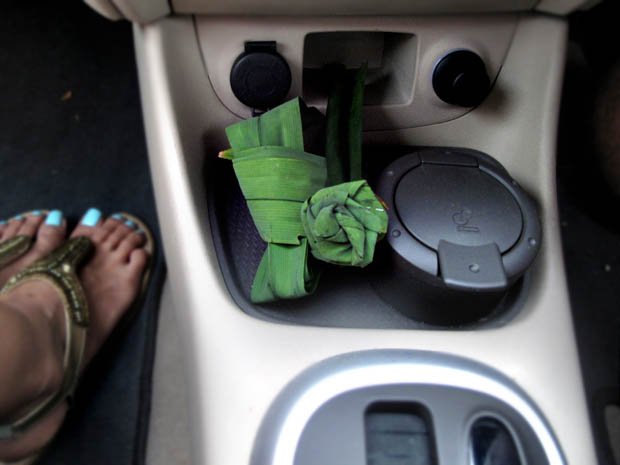
Having a roach infestation? Pandan leaves can be the solution to insect-free home or car. Use fresh pandan leaves (dry, odorless leaves will have no effect) into the warm, dark corners. Since roaches breathe through their skin, pandan leaves are said to suffocate the roaches that it flees when coming close to it.
Air Freshener

Because of the sweet fragrance, pandan can even be used as a natural air freshener. It can absorb bad odors but also give a great aroma where it is put. We recommend you to put it in enclosed spaces such as your shoeboxes, car or even your closets.
Remove Dandruff

Surprisingly, pandan extract can also be used to clean dandruff from hair. Grab some fresh pandan leaves, blend the chopped pandan into a blender with some water and filter the solution. Take only the juices to apply as hair mask and massage onto your scalp. Wait for an hour, before rinsing and washing as usual. For clean and healthy scalp, this routine must be repeated regularly for three times in a week.

